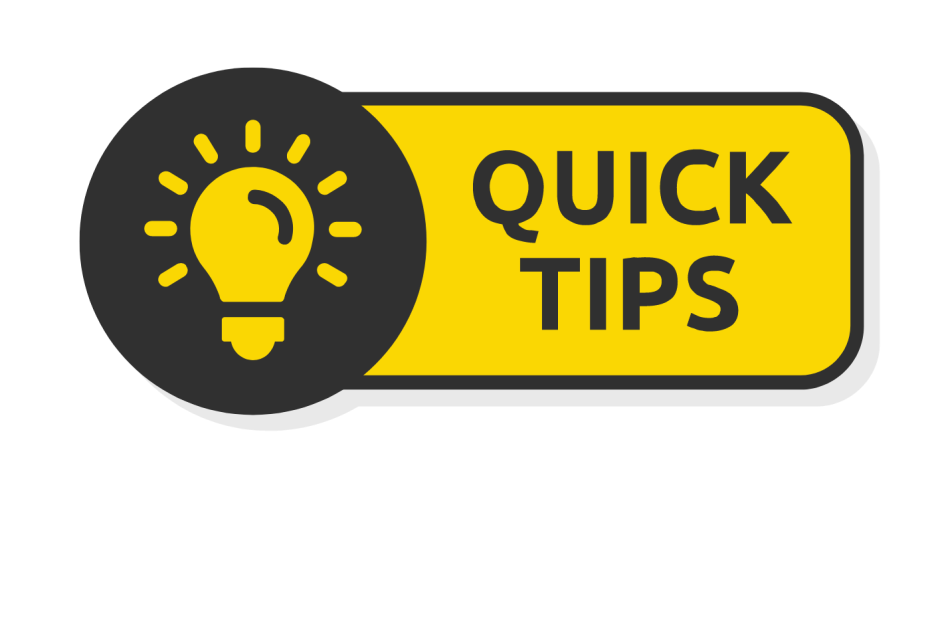Managing a Homeowners Association (HOA) or Condominium (Condo) Board can be a complex and challenging task. Board members are tasked with making decisions that affect their entire community, and it’s crucial that they operate effectively. Here are fifty tips to help HOA and Condo Boards run smoothly, maintain legal compliance, and create a positive community environment.
Strategic Planning and Governance
- Understand Your Governing Documents: Familiarize yourself with the CC&Rs, bylaws, and other governing documents.
- Stay Compliant: Ensure that board actions comply with federal, state, and local laws.
- Create a Vision: Develop a clear vision and mission statement for your community.
- Set Clear Goals: Define short-term and long-term objectives.
- Develop a Strategic Plan: Plan for the future with a comprehensive strategy.
- Hold Regular Board Meetings: Keep a consistent schedule for board meetings.
- Maintain Transparency: Make board actions and decisions accessible to members.
- Implement a Fair Voting Process: Ensure that all voting is conducted fairly and democratically.
- Have a Succession Plan: Prepare for future board transitions.
- Regularly Review Governing Documents: Keep your documents up-to-date with current laws and best practices.
Financial Management
- Prepare a Realistic Budget: Plan your finances to cover all necessary expenses.
- Build a Reserve Fund: Save for future repairs and emergencies.
- Conduct Regular Audits: Have an independent party review your finances.
- Be Transparent with Finances: Share financial reports with the community.
- Assessments Should Be Fair: Ensure assessments are equitable and justifiable.
- Collect Dues Efficiently: Implement an effective and fair collection process.
- Explore Multiple Vendors: Get multiple bids for services to ensure value for money.
- Invest Wisely: Be prudent with the association’s investments.
- Avoid Special Assessments: Plan ahead to prevent unexpected costs to homeowners.
- Seek Professional Advice: Consult with financial experts as needed.
Property Management
- Regular Maintenance: Keep common areas and facilities in good repair.
- Respond Promptly to Issues: Address repairs and homeowner concerns quickly.
- Hire Qualified Contractors: Vet and hire reputable service providers.
- Enforce Rules Consistently: Apply rules fairly and consistently.
- Plan for Big Projects: Save and plan for major repairs or renovations.
- Stay Insured: Maintain adequate insurance coverage for all aspects of the association.
- Document Everything: Keep records of repairs, warranties, and service contracts.
- Conduct Inspections: Regularly inspect properties to ensure they meet standards.
- Be Eco-friendly: Implement green initiatives in the community.
- Safety First: Prioritize the safety and security of residents.
Community Engagement
- Communicate Effectively: Keep homeowners informed about association matters.
- Use Technology: Leverage technology like RunHOA for efficient communication and management.
- Encourage Homeowner Involvement: Get the community involved in decision-making.
- Organize Community Events: Strengthen the community with social activities.
- Resolve Disputes Amicably: Mediate conflicts fairly and with empathy.
- Welcome New Residents: Foster a welcoming environment for newcomers.
- Recognize Volunteers: Show appreciation for community members who volunteer.
- Survey Homeowners: Regularly solicit feedback from residents.
- Cultivate Community Spirit: Promote a sense of community and belonging.
- Educate Homeowners: Provide resources on the roles and responsibilities of living in an HOA/Condo.
Legal and Ethical Conduct
- Stay Informed on Laws: Keep up with changes in laws affecting HOAs and Condos.
- Consult Legal Professionals: Seek legal advice when necessary.
- Protect Privacy: Safeguard personal information of homeowners.
- Avoid Conflicts of Interest: Disclose and manage potential conflicts.
- Practice Ethical Leadership: Act with integrity in all board dealings.
- Handle Records Properly: Manage and store association records responsibly.
- Follow Meeting Protocols: Conduct meetings according to parliamentary procedures.
- Respect Homeowner Rights: Uphold the rights of homeowners as laid out in governing documents.
- Educate the Board: Ensure all board members are trained on their roles and responsibilities.
- Seek Help When Needed: Don’t be afraid to ask for professional help in complex situations.
Implementing these tips can help your board navigate the complexities of HOA and condo management, leading to a harmonious and well-maintained community. Remember, at the heart of successful board management is the commitment to serve the community’s best interests, while fostering an environment of transparency, respect, and collaboration.
